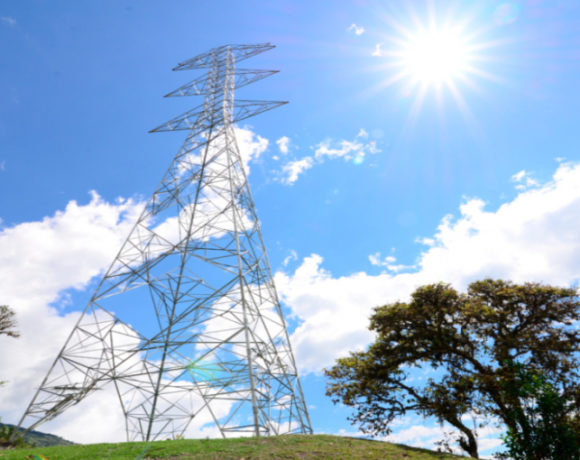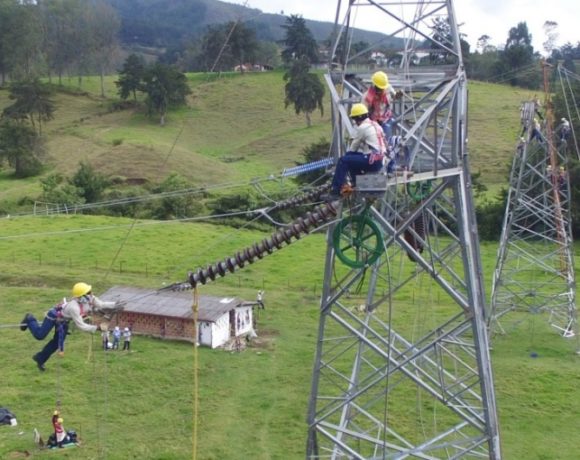EPM Wins ‘CaribeMar’ Utility Auction, Becomes Colombia’s Biggest Electric Power Player

Medellin-based multinational electric power giant EPM announced March 20 that it won the auction bidding for the “CaribeMar” assets formerly belonging to the financially troubled, state-owned “Electricaribe” power utility around the Caribbean coast of Colombia.
As a result, EPM “will be the new operator of the electric power service in Bolívar, Cesar, Córdoba and Sucre” departments, according to the company, 100% owned by the city of Medellin.
The addition of CaribeMar means EPM will expand its electric power service to 1.5 million more customers in Colombia. As a result, EPM will have a total of 19 million power customers in Colombia, or 35% of the entire Colombian electric power distribution and retail markets, up from 23% currently.
The deal will become final “in the coming months, when the national government completes the [sale] of CaribeMar,” according to EPM.
The national government has already assumed pension liabilities for retired and retiring employees of the former Electricaribe utility. But EPM and (separately) Costa Energy Consortium — which won a separate bid for the “CaribeSol” division of Electricaribe — now will have to assume other liabilities, along with existing Electricaribe assets.
According to Colombia’s “Superservicios” (Superintendence of Public Utility Services) agency, EPM is expected to invest COP$5 trillion (US$1.2 billion) over the next 10 years to restore and upgrade faltering infrastructure left by an essentially bankrupt Electricaribe.
“During Electricaribe’s intervention we have secured the resources for the continuity of the service, as is our constitutional obligation through the Business Fund,” Superservicios Superintendent Natasha Avendaño García stated.
The new operators of the former Electricaribe “will assume the investment and loss reduction plans aimed at improving networks, stations and substations and infrastructure in general, as well as the technification of [supply and demand] measurement systems,” she added.
Meanwhile, EPM general manager Álvaro Guillermo Rendón López stated that EPM is “committed to growth with sustainability in the energy commercialization and distribution market.”
“After the awarding of CaribeMar this Friday [March 20], the national government must close the financial transaction for the purchase of 100% of the shares, establish the new company and prepare and deliver the assets and liabilities included,” according to EPM.
“Meanwhile, the energy service will continue to be provided as it is today by the national government. It is important to remember that Electricaribe is a company intervened by the Superintendency of Public Services and in possession for liquidation purposes,” the company added.
EPM officers and executives “accompanied by an investment bank and external advisers, carefully studied and analyzed the viability and opportunity of the [CaribeMar] operation, always thinking of the company’s sustainability, in a business that will include investments of around COP$4 trillion [US$970 million] in the next five years,” according to EPM.
Electricaribe effectively went into bankruptcy following years of failing to recoup its heavy operating expenses, leading to frequent service instabilities — largely the result of a decades-long culture of massive power theft in coastal cities, mainly in low-income neighborhoods.
Cleverly, EPM in recent decades pioneered the development and installation of a novel pay-as-you-go metering system – praised by power experts around the world – which enables low-income customers to buy subsidized “power cards” at neighborhood stores, letting them only buy the power they actually need rather than wasting “free” power via illegal connections — connections that inevitably would destroy the ability of EPM (or any utility) to recoup investments in adequate generation and distribution infrastructure.
















